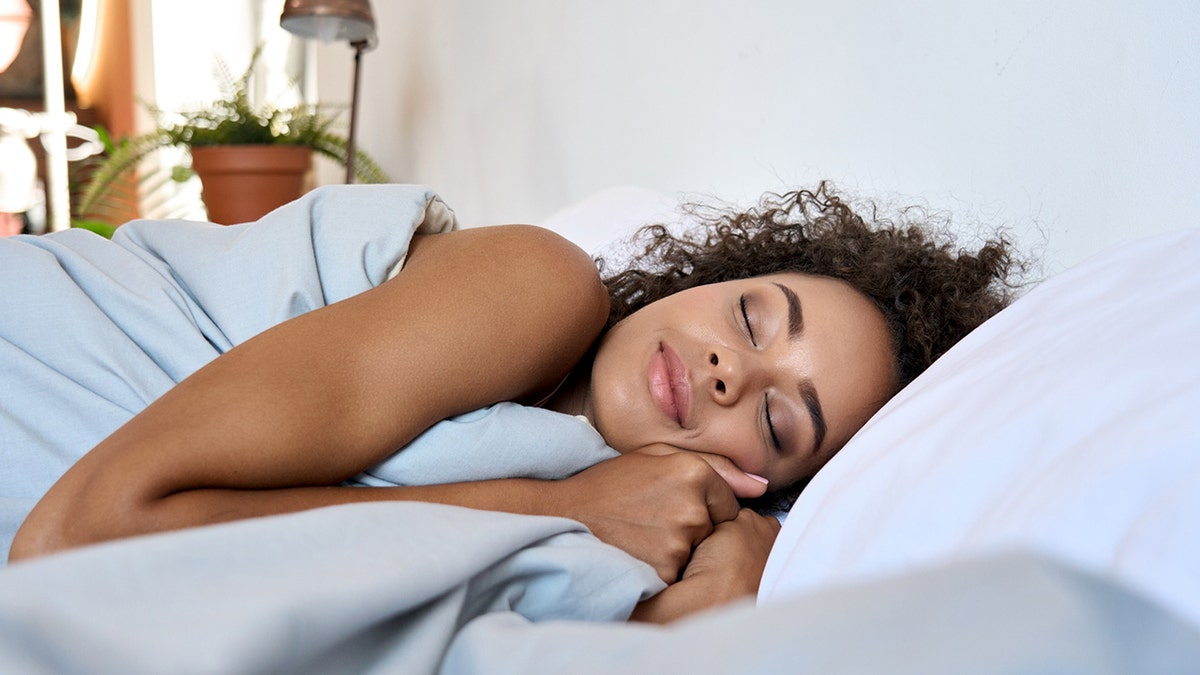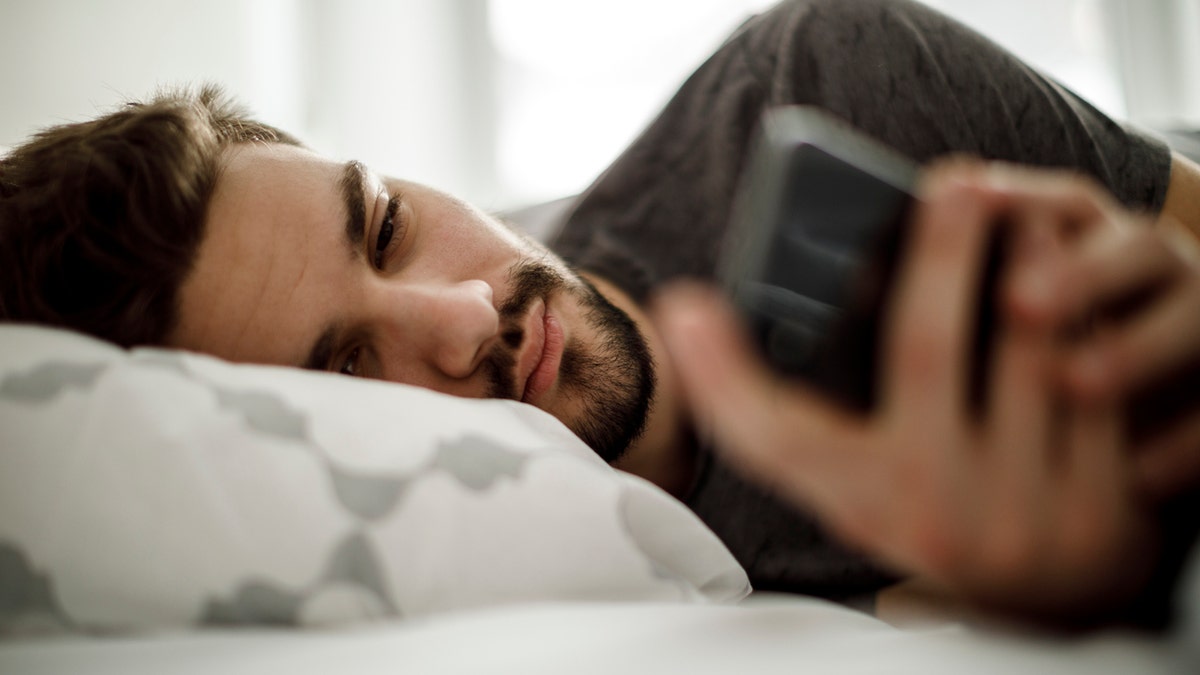This weekend, most of the United States — except for Hawaii and most of Arizona, which don’t observe daylight saving time — is enjoying an extra hour of sleep, but is it actually a good thing?
Although the day the clocks “fall back” gives you an extra hour of sleep before your alarm goes off, the end of daylight saving time in November has multiple health implications.
Turning the clocks back an hour on the first Sunday in November brings changes. For many, this means that when they leave work around 5 p.m., it’s already dark outside. It’s one drawback to moving the clocks back.
ELECTION ANXIETY LEADS MANY AMERICANS TO AVOID FAMILY AND FRIENDS, SURVEY FINDS
A number of health implications from moving clocks back are associated with a changed sleep schedule.
Many people have a difficult time adjusting since their internal clock has been altered.
“Just that one hour can change the amount of sleep you get, the quality of sleep that you get,” said Dr. Phyllis Zee, a sleep researcher at Northwestern Medicine in Chicago, per The Associated Press.
“Off-kilter sleep can affect people’s ability to multitask, stay alert and even maintain their balance, making them more prone to accidents.”
Many people, especially those with preexisting conditions, can experience darker moods following the clock change and through the fall and winter months. There are a few different theories for why this happens.
DAYLIGHT SAVING TIME 2023: UNLOCKING 15 SURPRISING AND LITTLE-KNOWN FACTS
One is the body’s circadian rhythm, its internal clock, is disrupted when the days are shorter with less access to the sun, which can cause a mood swing. Turning the clocks back an hour marks a time when the dark winter is coming.
The lack of serotonin the body receives during this time of year can also contribute to a worsening mood.

There are ways to help your body adjust for a smooth transition.
One thing you can do is keep your same bedtime. Don’t use the hour of extra sleep as an excuse to stay up late the prior day.
CLICK HERE TO SIGN UP FOR OUR HEALTH NEWSLETTER
Instead, go to bed at your usual time.
No matter the time of year, but especially in the colder months, it’s wise to establish a good sleep routine.
When you wake up in the morning during the cold winter months, try to get exposed to light early by opening blinds around the house, sitting outside or going for a walk.

If you spend your days indoors, the morning hours may be your only opportunity to soak in minimal sunlight.
For more Health articles, visit www.foxnews.com/health
Avoid eating or drinking too close to bedtime, practice meditation to calm your body down before bed and grab a book instead of reaching for your phone before bed to limit your screen time.
Read the full article here











